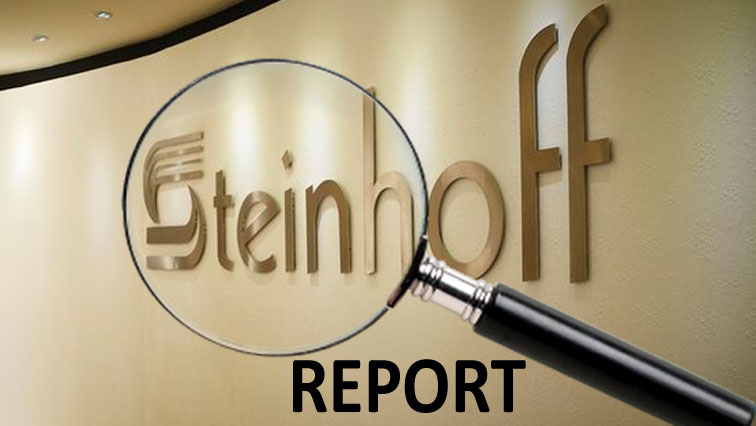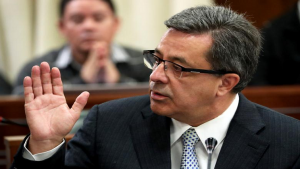Research commissioned by Business Leadership South Africa’s (BLSA) has revealed that Viceroy’s research report on Steinhoff was substantially plagiarised.
On Thursday, BLSA published a new, ground-breaking report on the growing phenomenon of short-selling activity in South Africa.
The research, conducted by reputable research house Intellidex and titled Investment Research in the Era of Fake News, focuses on Viceroy, the short seller, which has published negative reports on prominent South African companies including Steinhoff and Capitec.
The report, based on research over the last few months, has made damning findings on Viceroy’s reports.
BLSA, which represents CEOs of the largest companies in South Africa, commissioned Intellidex’s research on short selling as part of its commitment to promoting inclusive growth and transformation and job creation and positioning business as a national asset.
Intellidex Chairperson and one of the authors of the report, Dr Stuart Theobald says, “Among other findings, our research has found that Viceroy’s research report on Steinhoff was substantially plagiarised from a report produced by a different hedge fund six months earlier. In addition, there are several problems with other Viceroy reports, including Capitec and Advanced Micro Devices, such as unsupported exaggerations, poor reasoning and misunderstandings of the markets they operate in.”
“In our view, Viceroy has used the status it gained from its Steinhoff report, which benefitted from the fact that it was published at a point when there was major demand for information about accounting failures in Steinhoff, in order to publish spurious and weak reports that have the effect of damaging share prices. We urge the public to critically examine the content of Viceroy’s reports which, we have argued, fails to meet professional research standards,” Theobald adds.
Remarking on the report’s findings, Theobald says they noted that the South African Reserve Bank commented on the day Viceroy’s research on Capitec was released, which claimed that the bank was well capitalised, solvent and had adequate liquidity.
“It later said it had confidence in the data and financial statements of the bank, and that the substantive allegations made by Viceroy were not accurate. The National Treasury has also described Viceroy’s actions as ‘reckless’ and ‘not acting in the public interest’.”
He says there is plenty of excellent short-side research however their analysis indicates that Viceroy’s work does not fit in this category.
“Users of short-side research should ask two questions: does the research represent the genuine beliefs of the authors, and does the research contain adequate evidence and reasons for the beliefs it expresses? In Viceroy’s case, the answer to the second question is mostly ‘no’, while in some cases we are forced to conclude the answer to the first question is also ‘no’. Given that, we must conclude that the function of Viceroy’s research is not to share new facts and analysis, but rather to damage the share prices of companies for it to generate a profit. This behaviour is not in the public interest and may well be illegal in terms of market manipulation rules.”
Viceroy response below:
Read full report below:
Intellidex Report Short Selling in the Era of Fake News (Text)






